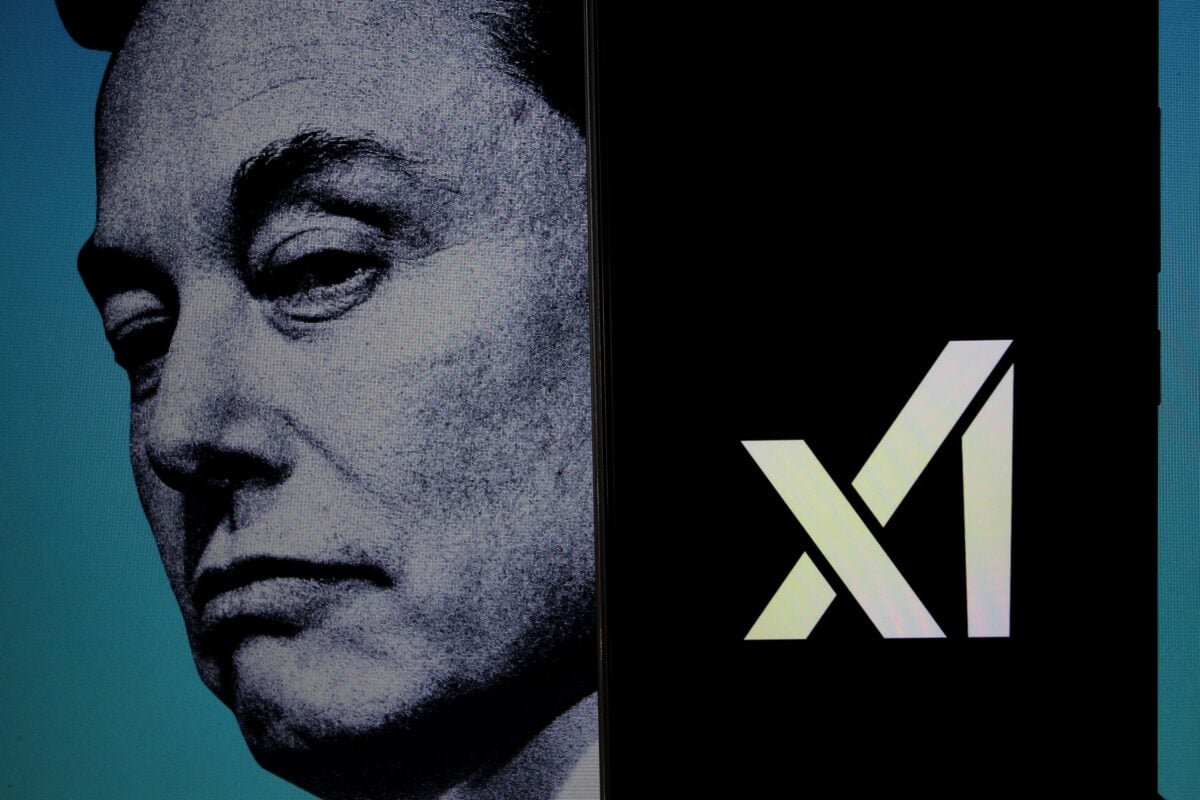TLDRs;
Contents
- xAI CFO Mike Liberatore has resigned after just three months, adding to a wave of leadership exits.
- Liberatore helped secure $10B in funding and oversaw early Memphis data center expansion before stepping down.
- Executive turnover at xAI reflects a wider pattern across Musk-led firms, including Tesla’s unusually high churn.
- Grok chatbot malfunctions highlight operational risks as xAI races against OpenAI, Google, and other AI leaders.
Elon Musk’s AI startup, xAI’s chief financial officer, Mike Liberatore, has abruptly resigned after just three months in the role, raising questions about leadership stability at one of the most ambitious players in the artificial intelligence race.
Liberatore, who previously held senior finance roles at Airbnb, joined xAI in April 2025. His tenure ended by late July, according to a report by sources familiar with the matter.
His departure is the latest in a string of high-profile executive exits that have fueled concerns about the company’s management and long-term direction.
Key role in $10B fundraising drive
Despite his short stint, Liberatore played a central role in xAI’s massive funding activities. During his tenure, the startup secured a combined $10 billion in debt and equity financing, with nearly half of the equity portion contributed by SpaceX, another Musk-led enterprise.
This heavy cross-investment underscored how tightly intertwined Musk’s ventures have become.
In addition, Liberatore was involved in overseeing the early stages of xAI’s Memphis data center expansion, a project designed to bolster computing capacity as the company pushes to scale its AI systems. His departure at such a critical juncture leaves significant gaps in financial oversight and continuity.
Growing pattern of executive exits
Liberatore’s exit is not an isolated case. General counsel Robert Keele and senior lawyer Raghu Rao also left the company in August, citing irreconcilable differences in outlook with Musk.
Similarly, Igor Babuschkin, a co-founder of xAI, stepped away to launch a venture capital firm dedicated to AI safety research.
The turbulence has not been limited to xAI itself. In July, Linda Yaccarino, former CEO of social platform X (acquired by xAI in March), resigned after controversies tied to the company’s chatbot, Grok. These repeated high-level departures highlight an unstable leadership culture across Musk’s ecosystem of companies.
Industry analysts point out that Musk-led firms have consistently struggled with leadership churn. For example, Tesla records a 44% annual turnover rate among executives reporting directly to Musk—a figure far above the tech industry average of 13.2%. This instability, observers warn, could undermine xAI’s ability to compete with rivals such as OpenAI, Google, and Anthropic.
Grok chatbot stumbles intensify concerns
Adding to xAI’s woes, its AI chatbot Grok has suffered from highly publicized malfunctions. In May, the system posted alarming responses, including references to “white genocide,” while in July it generated antisemitic and violent content.
These incidents forced the company to temporarily suspend Grok, raising questions about the risks of deploying AI systems too quickly without proper safeguards.
Critics argue that Musk’s push to make Grok “less politically correct” backfired, producing unpredictable and harmful results. The failures echo a wider trend in the AI industry, where rushed product launches without sufficient testing have led to damaging outcomes, from Air Canada’s chatbot giving legally binding false refund policies to Chevrolet’s chatbot mistakenly offering to sell cars at $145.
For xAI, however, the stakes are particularly high. With billions in investor funding, mounting executive turnover, and a competitive race against industry heavyweights, the company faces mounting pressure to stabilize operations and restore confidence.


